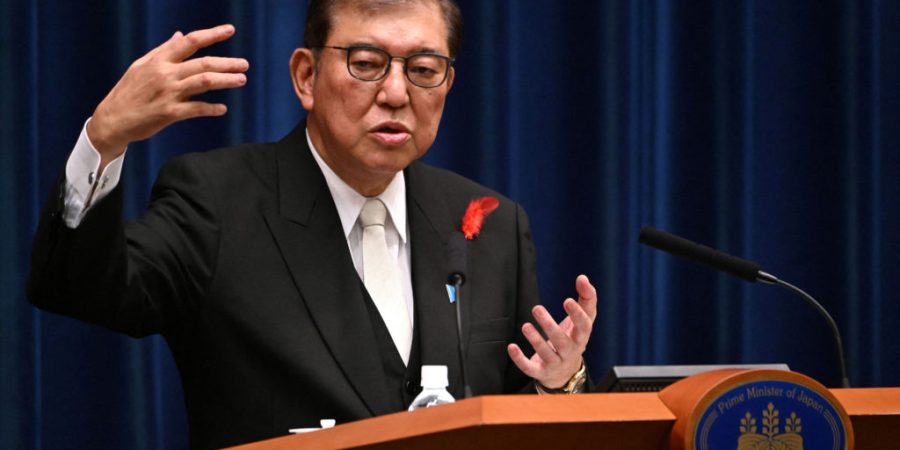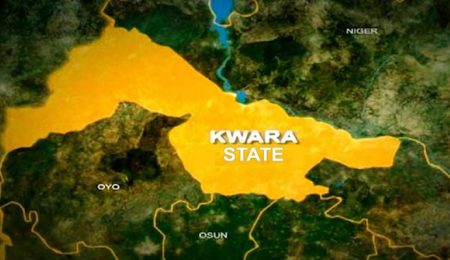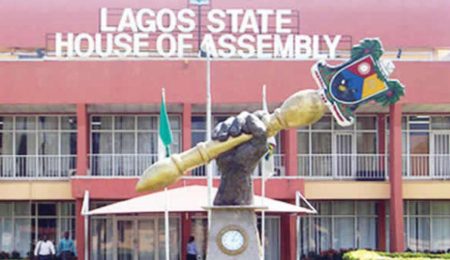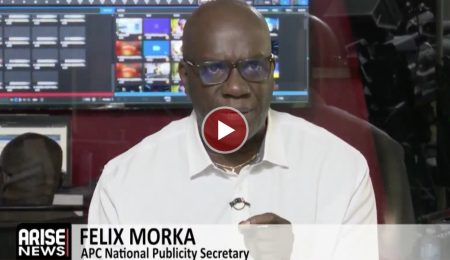Japanese Prime Minister Shigeru Ishiba on Wednesday denied reports that he had decided to resign, despite claims from a source and media outlets that he was preparing to step down following a disappointing upper house election result.
Responding to the reports at party headquarters, the 68-year-old leader told journalists, “I have never made such a statement… The facts reported in the media are completely unfounded.”
The speculation about Ishiba’s departure surfaced just a day after he and President Trump announced a trade agreement that lowers tariffs on Japanese automobile imports and protects Tokyo from additional levies on other goods.
A source close to the prime minister, speaking on condition of anonymity, said Ishiba had deliberately delayed any resignation to avoid destabilising the political climate ahead of the August 1 deadline to finalise the trade deal.
However, several Japanese media outlets have reported that Ishiba plans to formally resign next month.
If confirmed, Ishiba’s departure would come less than a year after he took office and would likely spark a leadership contest within the ruling Liberal Democratic Party (LDP). The party now faces mounting pressure from emerging political challengers, particularly on the right.
Among them is the far-right Sanseito group, known as “Japanese First,” which made significant gains in Sunday’s vote, increasing its seats in the 248-member upper house from one to 14. The party has drawn public support with promises to reduce immigration, lower taxes, and offer financial aid to families affected by rising living costs.
Ishiba, a former defence minister, secured the party’s leadership on his fifth attempt last year, defeating hardliner Sanae Takaichi in a runoff.
Should he resign, his successor would inherit a difficult path, as the LDP currently lacks a majority in both chambers of parliament following its loss in the lower house elections last October.
The incoming leader’s immediate task would be to garner enough backing from opposition lawmakers to be confirmed as prime minister. According to the source, any new leader is unlikely to call an early general election, preferring instead to strengthen the party’s public standing before seeking a fresh mandate.
Faridah Abdulkadiri
Follow us on:



